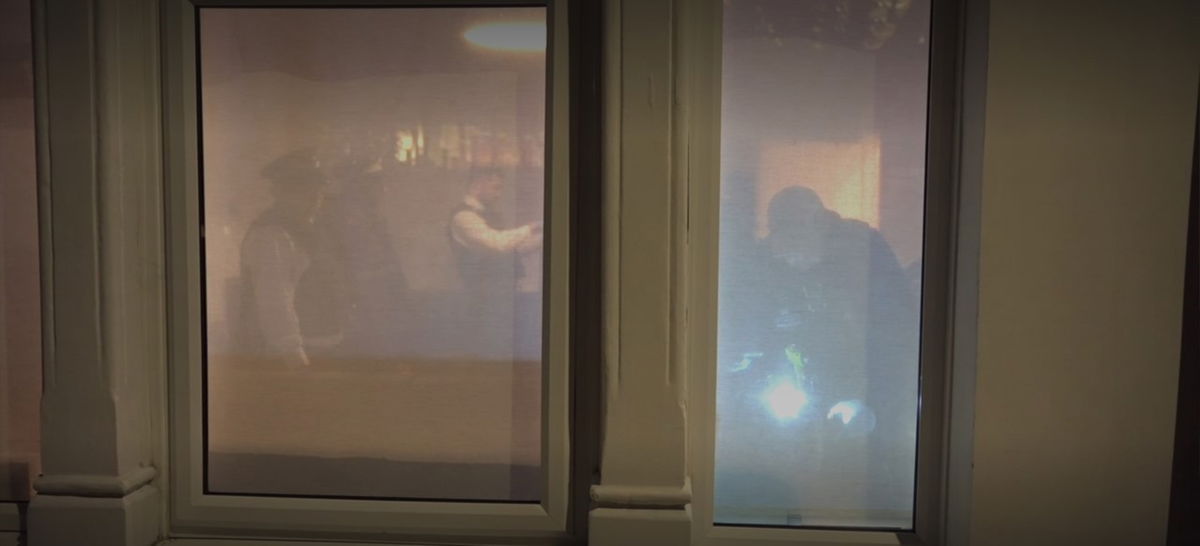US Food and Drug Federation (FDA). made a proposal ingredient ban present in many cold medicine. This connection is not used only in this country. In Spain it is included in a large part of the medicines used as bronchodilators, flu and cold medications, or asthma and allergy medications. Therefore, it is alarming that in the United States they are already talking about banning it and no such proposal has been made here. Or has this already been done?
The connection in question is phenylephrine. In Spain it is found in cold and flu medicines such as Bisolgrip, Kuldina or Gelocatil among other things. It works by reducing inflammation in blood vessels of the nasal passages, to avoid congestion. At least that’s what the studies that justified its use in the past say. However, today scientists are not so sure.
In fact, the FDA is not considering removing this ingredient from cold medications because it is dangerous. Its safety has been more than proven.. The thing is, it doesn’t seem to be useful. Most current studies found no difference compared to placebo. It is for this reason that they are seeking to recall it in the United States. Because, in fact, the consequences of consuming it will cause more damage to our pocket than nasal congestion caused by a cold.
Why is phenylephrine used in cold medicines?
In fact, in the past, most cold medicines contained pseudoephedrine as a decongestant. This one seemed to work. However, since it can be used as a precursor for the manufacture of methamphetamine, it was decided to look for other ingredients that would not cause Breaking Bad from real life.
This is how the use of phenylephrine began to spread. Several studies were published in 1976 demonstrating its safety and effectiveness. These were studies funded by the pharmaceutical companies themselves developing this substance. Therefore, over time, other independent scientists wanted to reproduce his experiments.
It has been found that it is actually unclear whether phenylephrine serves any purpose. In human trials no differences were found with placebo. Initially it was thought that this may be due to the use of too low doses. However, attempts have been made to increase them, always maintaining a safe amount of the said compound, but no noticeable effect has been observed.
Next step in the USA
The FDA has not currently banned this compound from cold medications. He put forward a proposal for a ban, but subjected it public consultations. The final decision will be made after receiving the results. However, there have already been strong objections to its use in previous public consultations, so it would not be strange if it were finally banned.
What’s happening to cold medicines in Europe?
No decisions have yet been made on phenylephrine in Europe. However, since the FDA’s first publication a year ago, some national medicines agencies have called for the issue to be considered by the European Commission. One of these agencies was the Spanish Medicines Agency.
In any case, no decision has been made on this matter yet, so this substance is still present in many cold medicines.

The fastest alternative that comes to mind is pseudoephedrine. Although phenylephrine replaced it at the time, it was not banned. Much less in Europe, where the synthesis of methamphetamines is not as serious a problem as in the United States. The problem is that the European Medicines Agency does keep this substance under surveillance for possible safety issues. They note that this can cause diseases that affect the blood vessels of the brain. Therefore, although it works better than phenylephrine, it is less safe.
There’s not much controversy about the other best-known nasal decongestant: oxymetazoline. However, experts remember that, as a rule, with colds and flu, congestion disappears on its own, just like the virus. Therefore, in principle, it would be enough to drink a lot of water to get rid of the mucus. We insist on taking cold medicine, but the reality is that, at least when it comes to nasal congestion, they are usually not necessary.
Source: Hiper Textual














